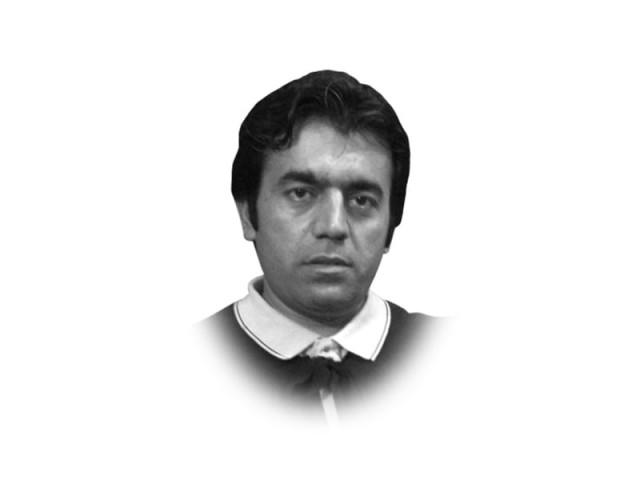Who is a Pashtun?
Pashtuns are sensitive beings and like everyone else, they want to live according to their cultural legacy.

Who is a Pashtun?
Pashtuns are sensitive beings and like everyone else, they want to live according to the ideals of their thousand-year-old cultural legacy. In times where almost every nation in this world is suffering through an identity crisis, Pashtuns are trying to hold on to their roots and their identity. The average Pashtun desires liberation from internal and external coercion and longs to contribute to the development of the world like a responsible citizen. He feels neglected and alienated from the mainstream world and laments this intolerable disdain.
Equally important are the sentiments and feelings of Pashtun women. They are suffering more than women from other parts of the world today and these sufferings should not be taken as a statement of cultural coercion. Pashtun women question why they cannot be part of the developed world without breaking away from their culture and tradition. The world is hearing the voices of a few people without paying attention to the millions who see their men as their idols.
Let this be cleared, once and for all, that Pashtuns are not against any religion, political ideology, ethnic identity or any plan that brings peace, development and education. However, at the same time, the Pashtun people want to live in a world that was built by their ancestors and they want to cherish the ideals that have kept them alive.
Published in The Express Tribune, November 10th, 2013.



















COMMENTS
Comments are moderated and generally will be posted if they are on-topic and not abusive.
For more information, please see our Comments FAQ